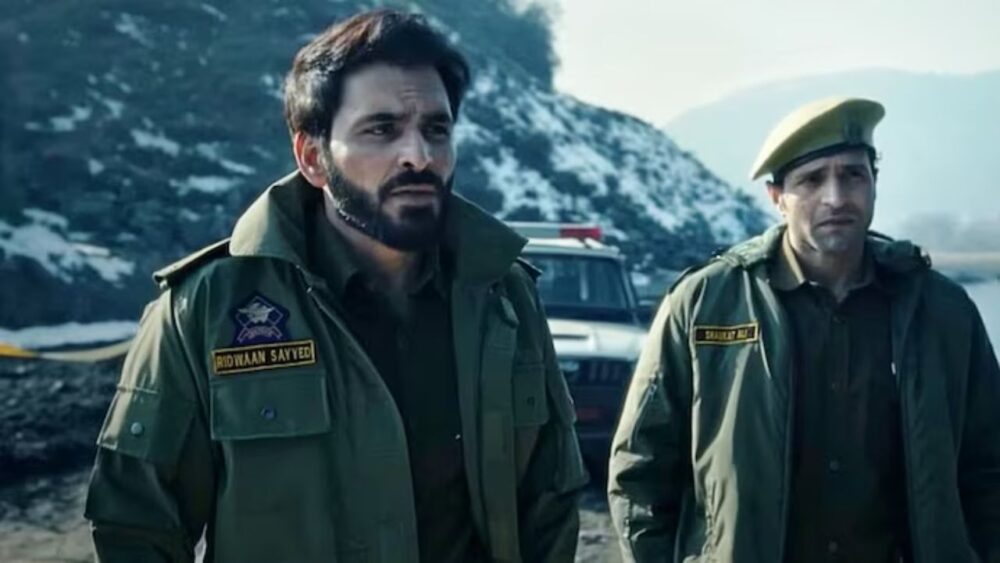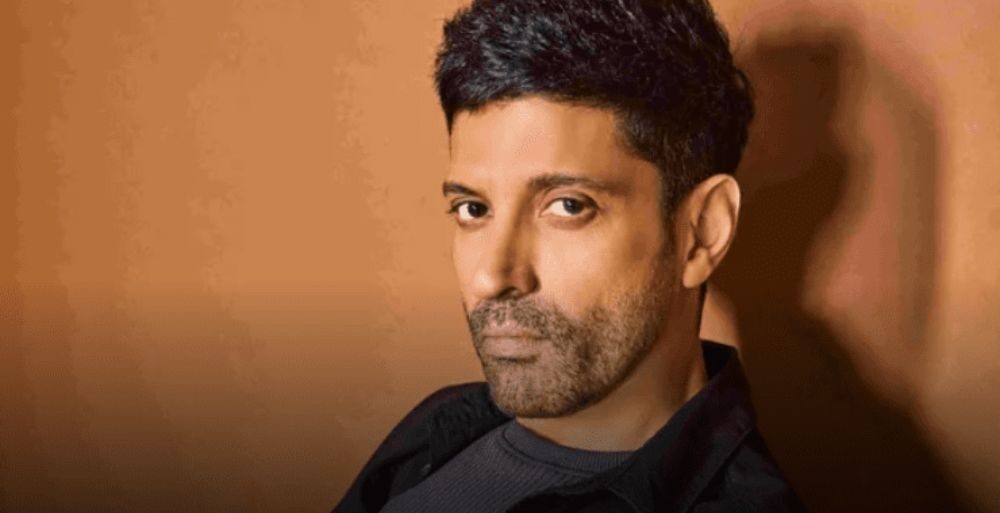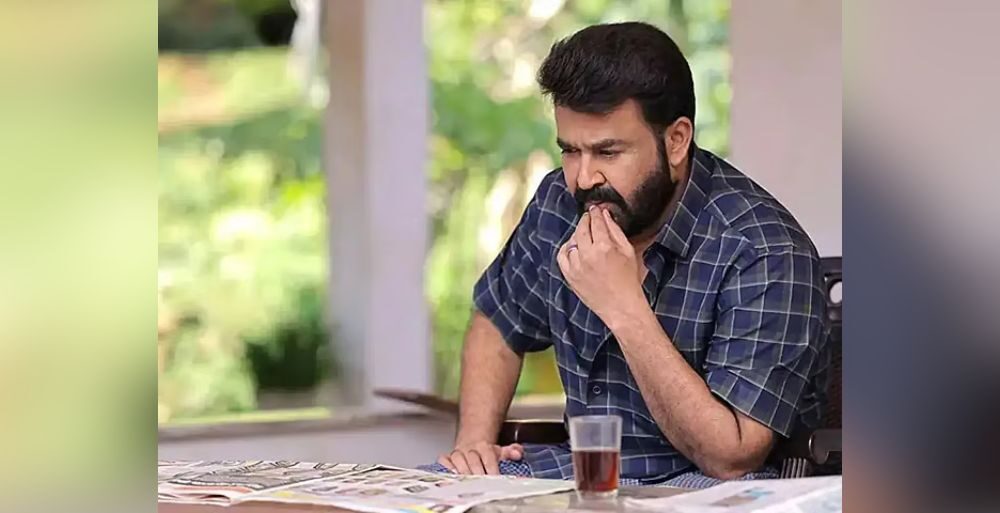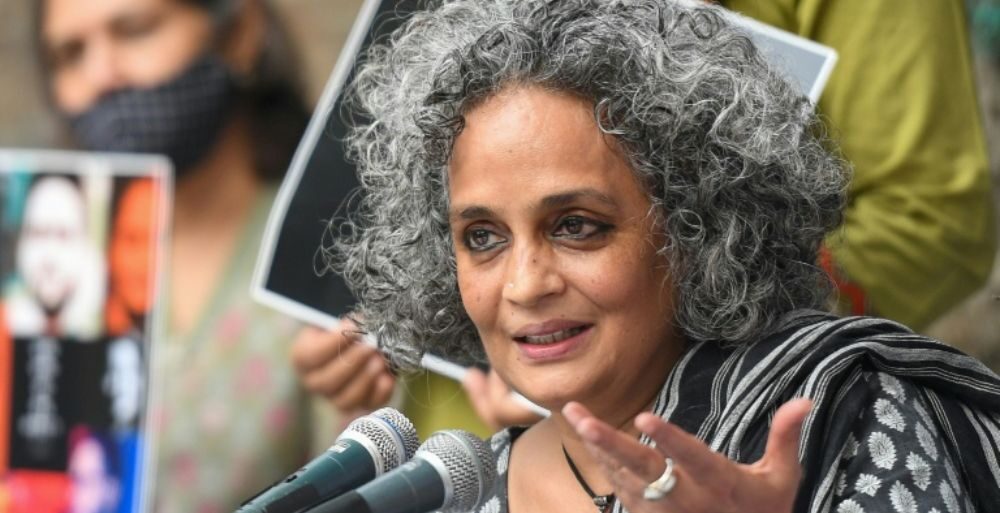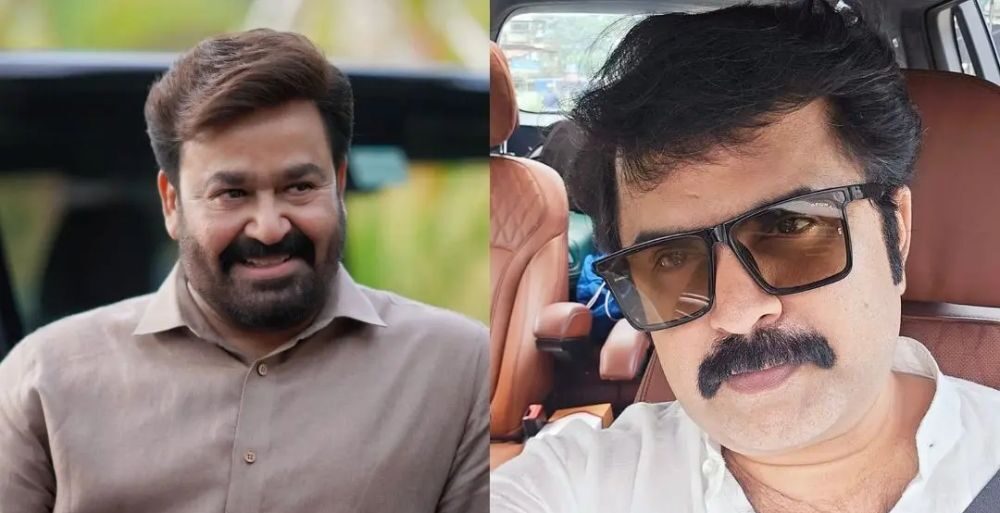The Kashmir militancy of the early 1990s, which brought unimaginable suffering to the Kashmiri Pandit community, remains a deeply painful chapter—its truth laid bare in films like The Kashmir Files. Horror as a film genre usually follows well-trodden templates, often yielding commercial albeit formulaic results. Yet, Baramulla transcends such conventions, merging the horror genre with a weighty social message and a hauntingly believable cinematic vision.
Writers Aditya Dhar, known for URI — The Surgical Strike and Article 370, alongside Aditya Suhas Jambhale, the National Award-winning director of Amritsar Junction, deliver a compelling narrative that is as socially insightful as it is thrilling. At its core, the film tells the story of DSP Ridwaan Sayyed (Manav Kaul), a dedicated Muslim police officer who moves with his family to Baramulla, a somber and atmospheric part of Kashmir overshadowed by unrest.
The inciting incident involves the mysterious disappearance of Shoaib, the son of a local politician, during a roadside magic trick—a symbolically rich metaphor highlighted by the recurring image of a solitary white lotus flower amid the stark landscape. As more children vanish and tufts of their hair are found, Ridwaan’s household begins to experience unexplainable phenomena, alongside growing tension sparked by political and social strife outside their home.
The supernatural elements are intricately woven with the region’s painful history. The house, it turns out, is haunted by the spirits of a Kashmiri Pandit family, the Saprus, who were brutally killed during the insurgency for refusing to abandon their faith or convert. These ghosts are not malevolent but act protectively, intervening in the ongoing kidnappings linked to a dark political conspiracy led by a school principal, Zainab (Neelofer Hamid). The film moves away from jump scares, opting instead for a deeply emotional climax that powerfully expresses themes of communal harmony and resilience.
The production values shine throughout, with cinematographer Arnold Fernandes capturing the chilling yet beautiful Kashmiri landscape and editor Shivkumar V. Panicker maintaining taut pacing. The film was shot in authentic, freezing conditions across just 22 days, with VFX used sparingly to enhance, not overwhelm, the supernatural atmosphere.
Manav Kaul delivers a career-best performance as Ridwaan, infusing the character with complex shades of determination, vulnerability, and moral strength. Bhasha Sumbli, reprising her impactful screen presence from The Kashmir Files, is equally compelling as Gulnaar, Ridwaan’s progressive and resilient wife. Their children, portrayed by Arista Mehta and Rohaan Singh, bring freshness and emotional depth to the narrative, while supporting actors like Vikas Shukla and Neelofer Hamid provide credible and layered performances that enrich the storytelling.
Producer Aditya Dhar’s Kashmiri roots inform the film’s profound cultural sensitivity, complemented by Jambhale’s vision and passion for socially resonant cinema. The film stands out not just as a genre thriller but as a moving and intelligent commentary on Kashmir’s beleaguered history, extremist politics, and the enduring bonds of human solidarity.
The haunting score by Clinton Cerejo and Bianca Gomes under Shor Police complements the mood perfectly, while Monica Balsara’s production design immerses viewers into the world of Baramulla. Action director Vicky Arora choreographs tense sequences with precision, balancing realism and cinematic flair.
Baramulla does stumble slightly with the somewhat overused trope of a traumatized cop’s personal backstory, but this minor flaw doesn’t diminish the film’s overall impact. It delivers an immersive cinematic experience that lingers long after the credits roll, inviting viewers to reflect on the deeper meanings of fear, loss, and hope.
In sum, Baramulla is a rare gem in Indian cinema—a film that takes risks, champions meaningful storytelling, and proves that socially conscious cinema can thrill, move, and inspire simultaneously. It is a must-watch for those who appreciate cinema with soul, depth, and a powerful message.











